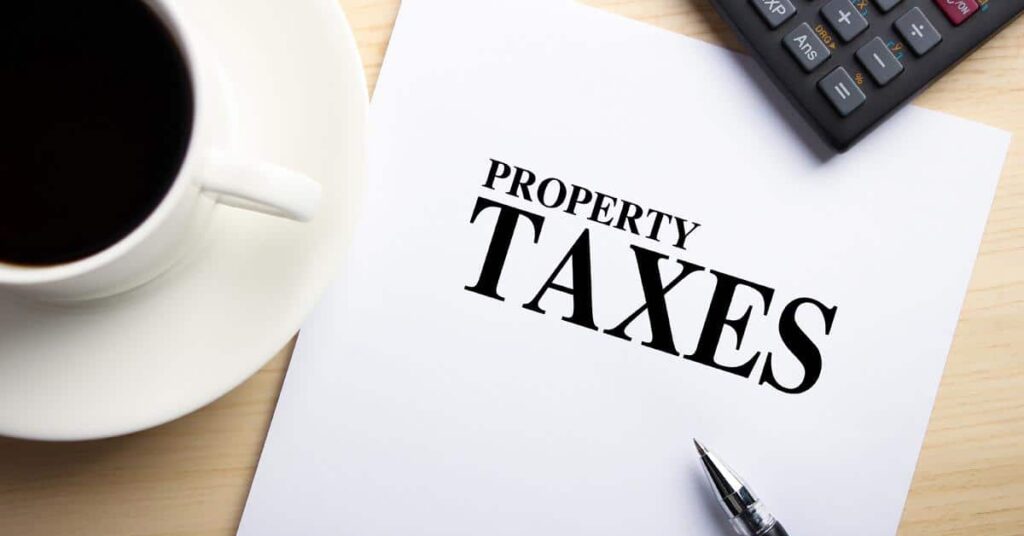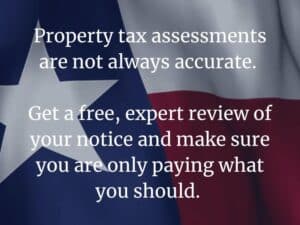If you’re planning to protest your property taxes in Texas, gathering the right documents is one of the most important steps. Strong evidence can make the difference between a denied protest and a successful reduction.
At TexasPVP, we’ve reviewed thousands of cases and know exactly what it takes to support a strong, effective property tax protest whether for residential or commercial property.
Here’s a breakdown of the key documents that can help you challenge your valuation and win your case.
1. The Appraisal Notice
This is the official notice from your local appraisal district showing the current year’s assessed value for your property. It’s your starting point for any protest.
Make sure to check both the market value and the assessed value listed. They may not always match, and understanding the difference matters.
2. Comparable Property Data (Comps)
Comparable sales data known as “comps” show what similar properties in your area are valued at or have recently sold for. This helps prove whether your valuation is too high compared to similar homes or commercial buildings.
Comps should match your property’s size, age, condition, location, and type as closely as possible. TexasPVP uses licensed tools to find the most effective comparables for your case.
3. Photos of Your Property
Photos help demonstrate the true condition of your property. This is especially useful if there are issues that may lower your property’s value, such as:
- Foundation problems
- Roof damage
- Interior wear and tear
- Deferred maintenance
The more visual evidence you can show, the better your chances of proving overvaluation.
4. Repair Estimates or Contractor Quotes
If your property has physical damage or needed repairs, gather written estimates or contractor quotes. These documents help show that the condition of your property justifies a lower valuation.
This kind of evidence is especially helpful in both informal hearings and formal appraisal review board (ARB) hearings.
5. Income and Expense Reports (For Commercial Properties)
If you own income-producing property, such as retail centers, office buildings, or multifamily units, providing actual income and expense data is crucial.
Documents may include:
- Rent rolls
- Lease agreements
- Maintenance costs
- Utilities and operating expenses
TexasPVP uses these documents to argue for a lower valuation based on your property’s true income performance, not theoretical potential.
6. A Prior Year’s Appraisal (If Helpful)
If your valuation increased sharply without clear justification, a copy of your previous appraisal or property tax statement can show a pattern of inconsistency.
Historical documents can also highlight errors or trends in over-assessment.
Why These Documents Matter
The appraisal district often uses mass appraisal methods, which means your property is grouped with others and may not be assessed fairly. Your documents are the only way to correct those assumptions and show what your property is actually worth.
At TexasPVP, we help you gather, organize, and present the strongest possible evidence so you’re not left guessing what matters.
We Make the Process Easier
Protesting your property taxes can feel overwhelming especially when it comes to knowing what paperwork to prepare. That’s why TexasPVP handles every step of the process for you.
We collect and analyze the right documentation, prepare the strongest case possible, and present it for you with expert strategy and support.
Ready to Protest? Let’s Get Your Documents in Order
Having the right evidence is key to winning your protest. If you’re unsure where to begin or don’t have access to the documents you need, we can help.
TexasPVP has the tools, experience, and legal insight to guide your protest from start to finish and give you the best chance of success.






